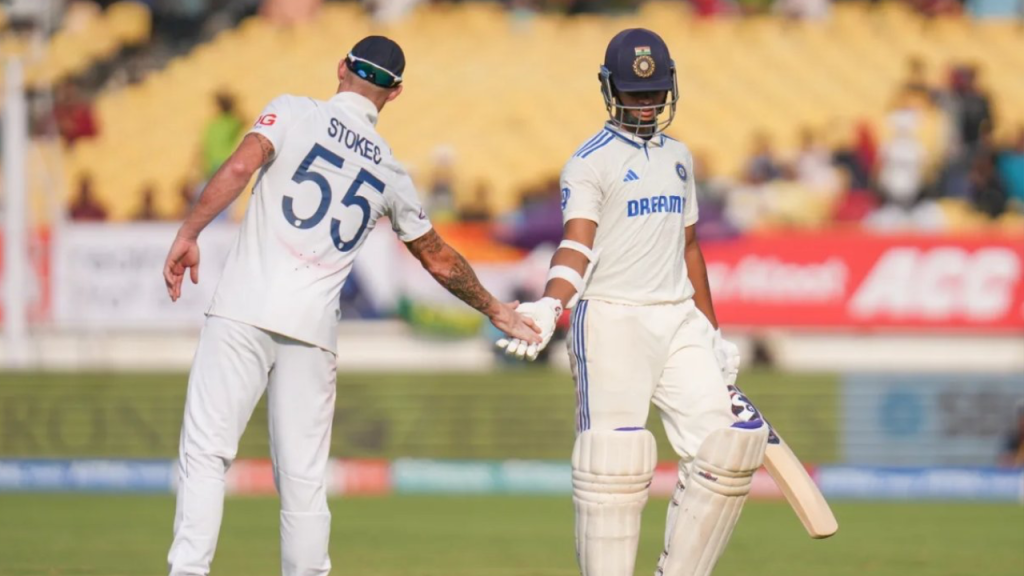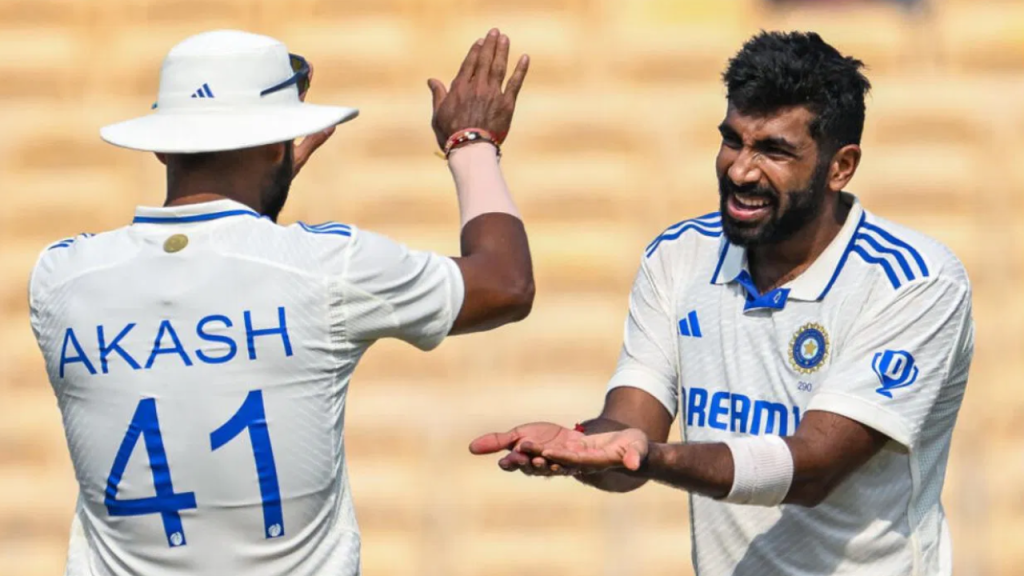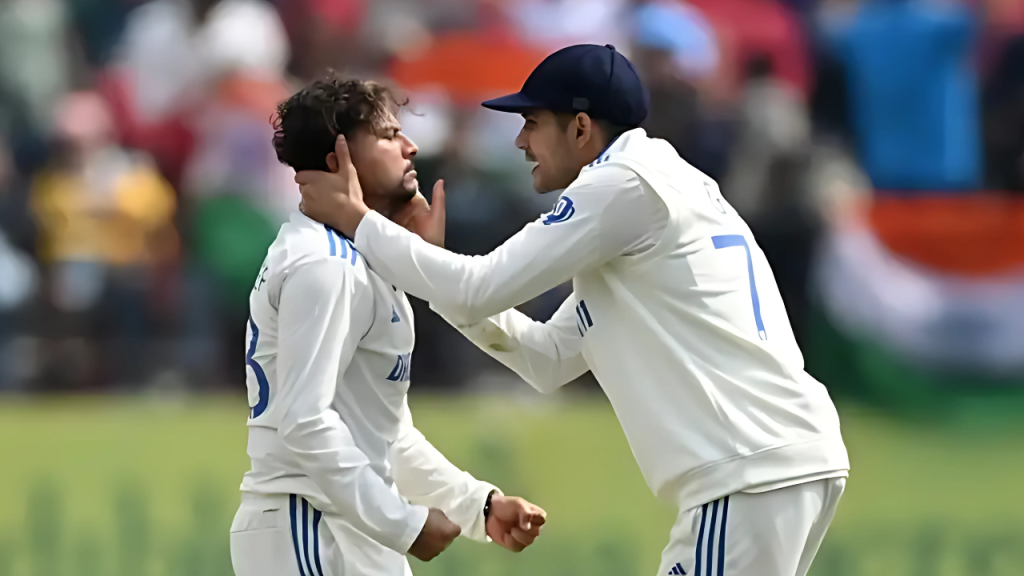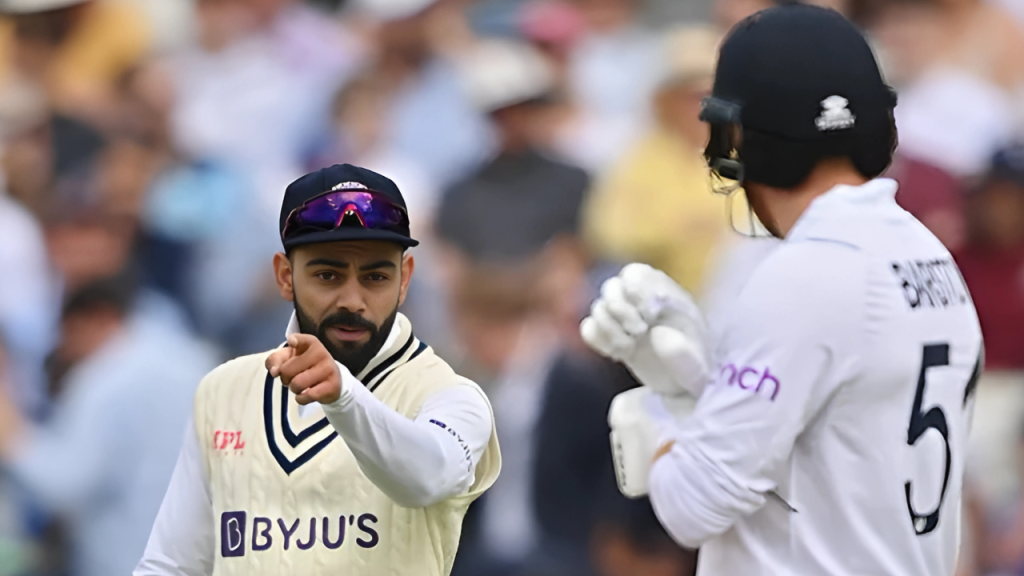The cricketing world often buzzes with comparisons between contemporary greats, and one such debate that has captured the imagination of fans and analysts alike is between Pakistan’s Babar Azam and India’s Virat Kohli. However, former Pakistan spinner Danish Kaneria has recently thrown cold water on this comparison, delivering a scathing critique that underscores the disparities in their cricketing legacies.
Kaneria’s critique hinges on several points that fundamentally question the basis of comparing Babar Azam with Virat Kohli. Firstly, he points to Kohli’s global dominance across formats, something that Azam, despite his undeniable talent, has yet to replicate. Kohli’s record-breaking feats, especially in ODIs and Tests, where he has amassed over 12,000 runs in ODIs and nearly 8,500 in Tests, showcase a consistency and impact that Azam’s career, while promising, has not matched. Kohli’s ability to perform under pressure, lead from the front, and adapt his game across formats is what sets him apart in Kaneria’s eyes.
The critique also touches upon the narrative around Azam’s comparisons to Kohli, suggesting that perhaps there’s been an overzealous marketing strategy at play. Kaneria argues that while Azam has shown flashes of brilliance, the comparison might be more about creating a narrative than a factual analysis of their cricketing impact. Kohli’s influence on the game’s commercial aspects through his brand, his record in ICC tournaments, and his leadership in turning around matches are dimensions where Azam, despite his talents, has yet to make a significant mark.
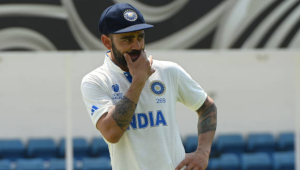
Moreover, Kaneria’s comments reflect on the media’s role in fueling this debate. He believes that the continuous comparison between the two players is more about selling media products than evaluating cricketing skills. This perspective suggests that the media often manufactures such debates to generate hype, but a closer examination of their records will always favor Kohli due to his broader impact and longer track record of excellence.
The debate isn’t just about statistics but also about the intangibles like leadership and match awareness. Kohli’s tenure as captain, where he led India to number one in Test rankings and was instrumental in several series victories, highlights a tactical acumen and on-field presence that Azam, as a captain, is still developing. Kaneria’s harsh words on Azam’s tactical awareness and leadership under pressure point to a gap not easily bridged by mere batting prowess.
This critique by Kaneria serves as a reminder of the importance of perspective in sports analysis. While Babar Azam’s journey is still unfolding, with potential for greatness, the comparison with Kohli at this stage might be doing Azam a disservice by setting expectations too high too soon.
In conclusion, while Babar Azam’s comparison with Virat Kohli might be a popular topic, Kaneria’s brutal takedown underscores the need for patience and a more nuanced understanding of cricketing legacies. Azam has time on his side, and his journey could very well lead to a legacy that stands on its own merits, rather than in the shadow of comparisons. However, for now, the debate serves as a lesson in the dangers of premature comparisons in the ever-evolving narrative of cricket.
